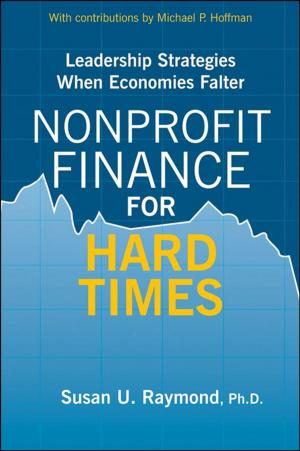American Democracy
From Tocqueville to Town Halls to Twitter
Nonfiction, Social & Cultural Studies, Political Science, Government, Democracy| Author: | Andrew J. Perrin | ISBN: | 9780745674353 |
| Publisher: | Wiley | Publication: | April 10, 2014 |
| Imprint: | Polity | Language: | English |
| Author: | Andrew J. Perrin |
| ISBN: | 9780745674353 |
| Publisher: | Wiley |
| Publication: | April 10, 2014 |
| Imprint: | Polity |
| Language: | English |
In this groundbreaking book, sociologist Andrew Perrin shows that rules and institutions, while important, are not the core of democracy. Instead, as Alexis de Tocqueville showed in the early years of the American republic, democracy is first and foremost a matter of culture: the shared ideas, practices, and technologies that help individuals combine into publics and achieve representation. Reinterpreting democracy as culture reveals the ways the media, public opinion polling, and changing technologies shape democracy and citizenship. As Perrin shows, the founders of the United States produced a social, cultural, and legal environment fertile for democratic development and in the two centuries since, citizens and publics use that environment and shared culture to re-imagine and extend that democracy.
American Democracy provides a fresh, innovative approach to democracy that will change the way readers understand their roles as citizens and participants. Never will you enter a voting booth or answer a poll again without realizing what a truly social act it is. This will be necessary reading for scholars, students, and the public seeking to understand the challenges and opportunities for democratic citizenship from Toqueville to town halls to Twitter.
In this groundbreaking book, sociologist Andrew Perrin shows that rules and institutions, while important, are not the core of democracy. Instead, as Alexis de Tocqueville showed in the early years of the American republic, democracy is first and foremost a matter of culture: the shared ideas, practices, and technologies that help individuals combine into publics and achieve representation. Reinterpreting democracy as culture reveals the ways the media, public opinion polling, and changing technologies shape democracy and citizenship. As Perrin shows, the founders of the United States produced a social, cultural, and legal environment fertile for democratic development and in the two centuries since, citizens and publics use that environment and shared culture to re-imagine and extend that democracy.
American Democracy provides a fresh, innovative approach to democracy that will change the way readers understand their roles as citizens and participants. Never will you enter a voting booth or answer a poll again without realizing what a truly social act it is. This will be necessary reading for scholars, students, and the public seeking to understand the challenges and opportunities for democratic citizenship from Toqueville to town halls to Twitter.















